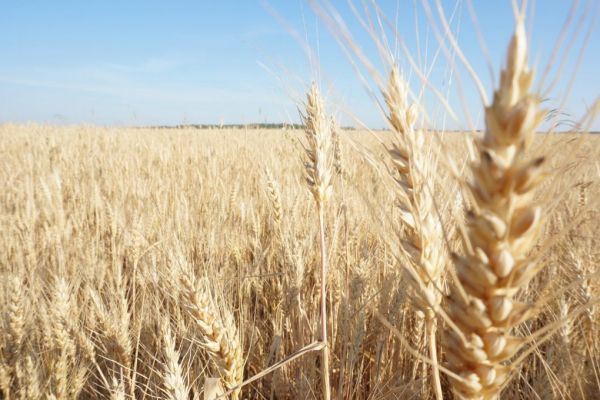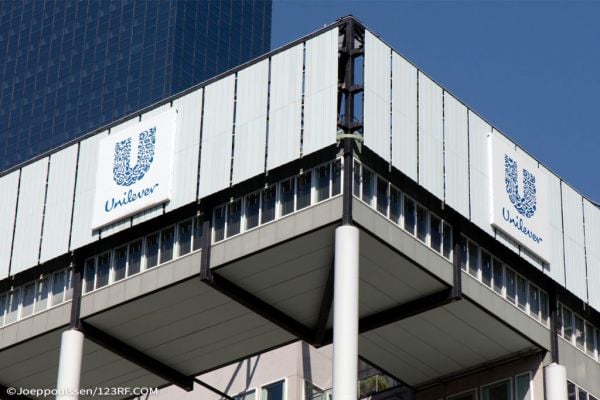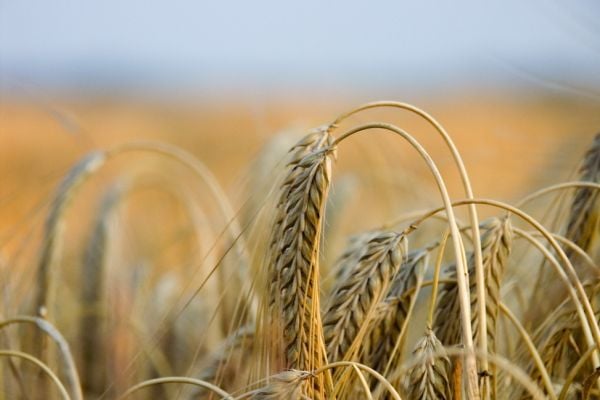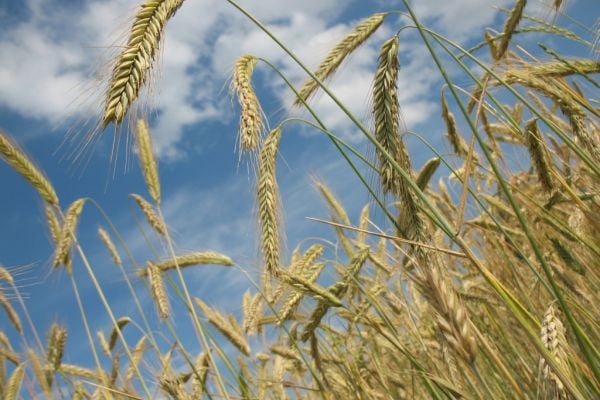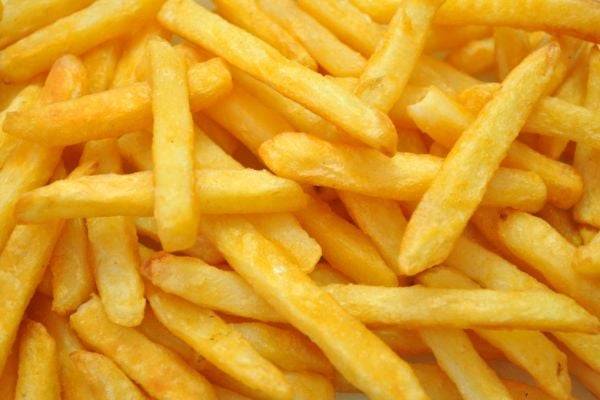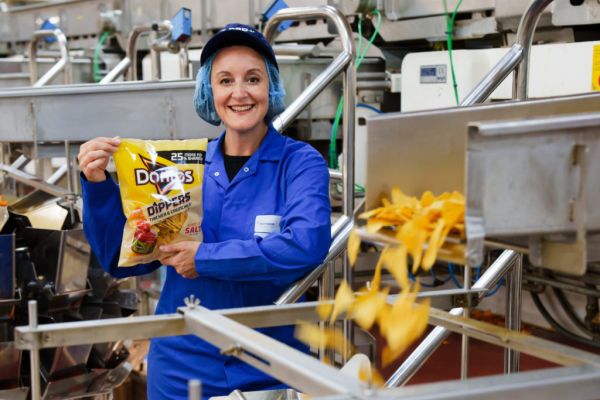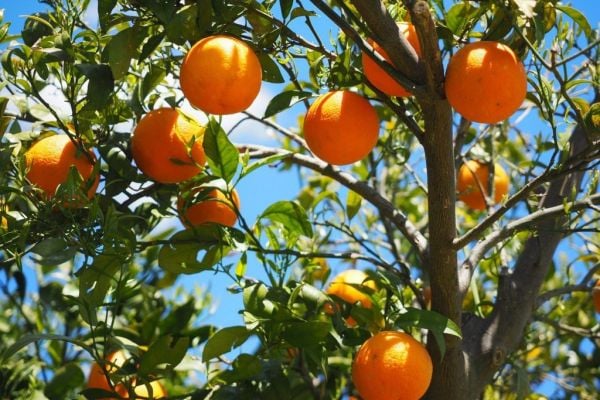Russia said on Tuesday there was no risk of a food shortage on the domestic market and cautioned consumers against rushing out to stock up on staples after several countries introduced sanctions over the invasion of Ukraine.
Russia's economy is facing its gravest crisis since the 1991 fall of the Soviet Union after the United States and Europe cut Russia off from swathes of the global economy due to Moscow's February 24 invasion of Ukraine.
"There are no conditions for risks of a shortage or for a reduction in product range," Deputy Prime Minister Viktoria Abramchenko said in a statement.
"It is not worth driving up artificial demand with purchases for the future," Abramchenko said. "We will reorient the market and establish mutually profitable trade, expand our partnership network with friendly countries."
Russia has already taken steps to safeguard its food market in light of Western sanctions.
Introduction Of Export Bans
Prime Minister Mikhail Mishustin on Monday signed an order banning the export of white and raw sugar until August 31, and banning wheat, rye, barley and maize exports to neighbouring Eurasian Economic Union states until June 30.
President Vladimir Putin says the "special military operation" in Ukraine is essential to ensure Russian security after NATO admitted members up to Russia's borders and Western countries supported pro-Western leaders in Kyiv.
German Trade With Russia
Elsewhere, Germany's trade with Russia rose sharply in January, the month before the invasion of Ukraine with both imports and exports up on the year, Germany's Federal Statistics Office said on Tuesday.
While exports to Russia from Germany rose 30.7% to €2.1 billion in January, imports increased by 57.8% to €4.0 billion from the previous year.
Higher prices for crude oil and natural gas imports led to an import surplus of €1.8 billion in January compared to a €900 million import surplus in the first month of 2021.
News by Reuters, edited by ESM – your source for the latest supply chain news. Click subscribe to sign up to ESM: European Supermarket Magazine.
